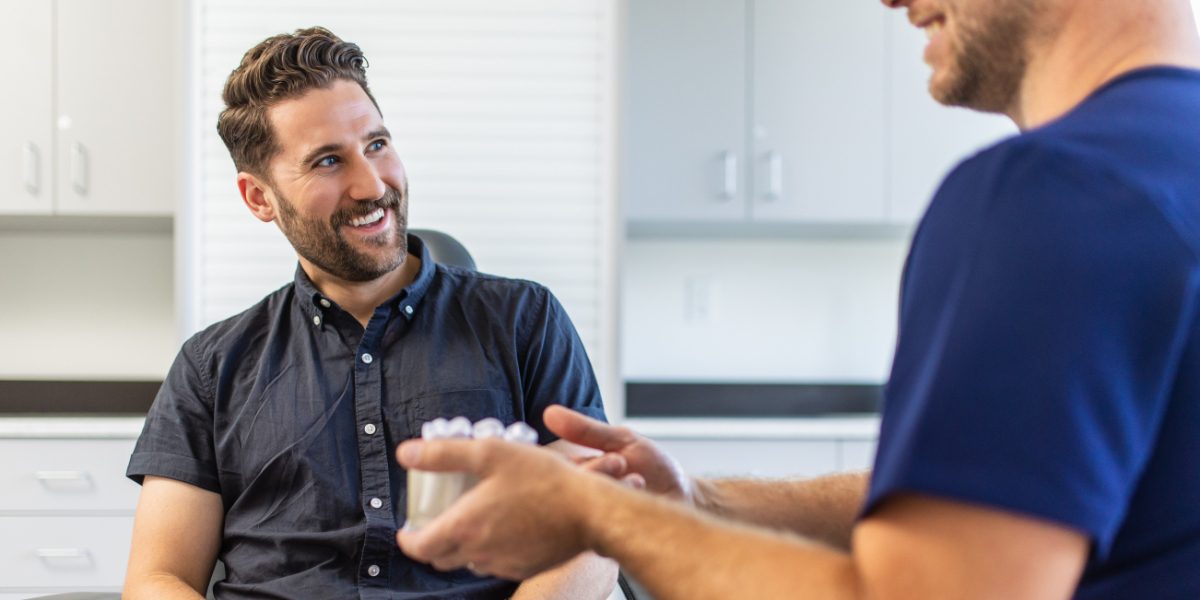
Sometimes, the teeth do not erupt through the gums in the way they are supposed to, a condition called impaction. When most people think of impacted teeth, they think primarily of wisdom teeth, which must always be removed. However, the canines and other teeth can also become impacted, and they require surgical intervention to be saved. If you are looking for impacted canine treatment in Mercer Island, WA, we invite you to contact Mercer Island Oral & Maxillofacial Surgery.
What are Canines?
The canines, also known as eye teeth, are the more pointed teeth located on either side of the incisors. These are strong biting teeth, and they play several important roles within your mouth:
- They are crucial for tearing and chewing your food.
- They help guide the surrounding teeth into proper alignment.
- They protect your teeth by preventing them from coming into unhealthy contact.
- They also help provide you with a full, aesthetically pleasing smile.
Needless to say, if the canines never fully erupt through the gums, it can lead to aesthetic as well as functional problems. These problems can be resolved with impacted canine surgery, which we are happy to perform at Mercer Island Oral and Maxillofacial Surgery.





